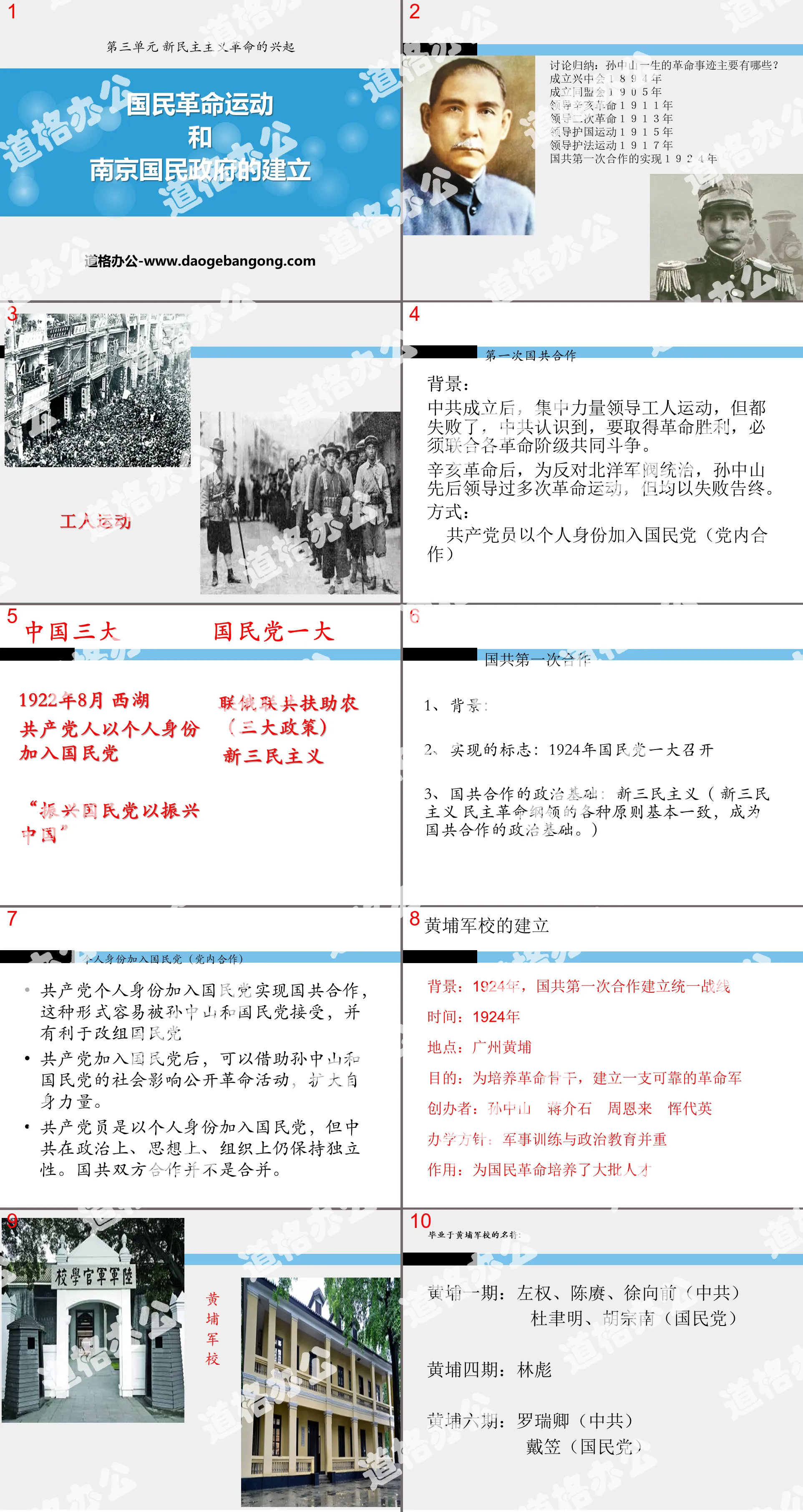The second volume of history for eighth grade compiled by the People's Education Publishing House
Zhonghua Book Company Edition Eighth Grade History Volume 2
People's Education Press Seventh Grade History Volume 1
People's Education Edition Eighth Grade History Volume 1
Zhonghua Book Company Edition Seventh Grade History Volume 2
Volume 1 of the seventh grade history compiled by the People's Education Publishing House
Yuelu Edition Seventh Grade History Volume 2
People's Education Edition History and Society 9th Grade Part II
People's Education Press Seventh Grade History Volume 2
People's Education Press History and Society Grade 7
East China Normal University Edition Seventh Grade History Volume 1
People's Education Edition Eighth Grade History Volume 2
People's Education Press Ninth Grade History Volume 2
People's Education Press History and Society Grade 9
People's Education Press History and Society for Grade 8 Volume 1
Yuelu Edition Seventh Grade History Volume 1

| Category | Format | Size |
|---|---|---|
| East China Normal University Edition Eighth Grade History Volume 1 | pptx | 6 MB |
Description
"The National Revolutionary Movement and the Establishment of the Nanjing National Government" The Rise of the New Democratic Revolution PPT courseware
The first cooperation between the Kuomintang and the Communist Party
background:
After the founding of the CCP, it concentrated its efforts on leading the workers' movement, but failed. The CCP realized that in order to achieve revolutionary victory, it must unite all revolutionary classes to fight together.
After the Revolution of 1911, in order to oppose the rule of the Beiyang warlords, Sun Yat-sen led several revolutionary movements, but they all ended in failure.
Method: Communist Party members join the Kuomintang as individuals (intra-party cooperation)
The first cooperation between the Kuomintang and the Communist Party
1. Background:
2. The symbol of realization: the National Congress of the Kuomintang in 1924
3. The political basis for the cooperation between the Kuomintang and the Communist Party: the New Three People's Principles (The various principles of the new Three People's Principles democratic revolutionary program are basically consistent and become the political basis for the cooperation between the Kuomintang and the Communist Party.)
Join the Kuomintang as an individual (cooperation within the party)
Individual communists join the Kuomintang to achieve cooperation between the Kuomintang and the Communist Party. This form is easily accepted by Sun Yat-sen and the Kuomintang and is conducive to the reorganization of the Kuomintang.
After the Communist Party joined the Kuomintang, it could use the social influence of Sun Yat-sen and the Kuomintang to openly carry out revolutionary activities and expand its own power.
Communist Party members join the Kuomintang as individuals, but the CCP still maintains its independence politically, ideologically, and organizationally. Cooperation between the Kuomintang and the Communist Party is not a merger.
The establishment of Whampoa Military Academy
Background: In 1924, the Kuomintang and the Communist Party cooperated for the first time to establish a united front.
Time: 1924
Location: Huangpu, Guangzhou
Purpose: To cultivate revolutionary backbones and establish a reliable revolutionary army
Founders: Sun Yat-sen, Chiang Kai-shek, Zhou Enlai, Yun Daiying
School policy: equal emphasis on military training and political education
Role: Cultivating a large number of talents for the national revolution
Famous generals who graduated from Whampoa Military Academy:
Huangpu Phase I: Zuo Quan, Chen Geng, Xu Xiangqian (Chinese Communist Party), Du Yuming, Hu Zongnan (Kuomintang)
Huangpu Phase IV: Lin Biao
Huangpu Phase 6: Luo Ruiqing (CCP) Dai Li (KMT)
Northern Expedition
Our party dares to solemnly declare to the people of the country: The ultimate cause of all the hardships of the Chinese people is the aggression of the imperialists and the tyranny of the traitorous warlords who are their tools. ......... In order to realize the only needs of the Chinese people, to build a unified government, and to consolidate the national revolutionary base areas, our party has to dispatch troops to eliminate the forces of traitorous warlords. ━━"Declaration of the Northern Expedition"
Necessity: Imperialism invades China and Beiyang warlords bring disaster to the country and the people
Purpose: Defeat imperialism, overthrow the Beiyang warlords, and unify the country
The reason why the Northern Expeditionary Army was able to win successively
1. A just war against imperialism and feudalism.
2. The revolutionary united front of cooperation between the Kuomintang and the Communist Party provided strong leadership for the Northern Expedition. The correct combat policy (attack Wu first and then Sun) was an important guarantee for the victory of the Northern Expedition.
3. The officers and soldiers of the Northern Expeditionary Army fought bravely, and members of the Communist Party and the Communist Youth League played a vanguard and exemplary role.
4. The enthusiastic support of the broad masses of the people is the foundation for the victory of the Northern Expedition.
The results and significance of the Northern Expedition
result:
Less than half a year after the army was launched, it fought from the Pearl River Basin to the Yangtze River Basin;
In early 1927, the National Government in Guangzhou moved its capital to Wuhan, and Wuhan temporarily became the center of the national revolution.
significance:
It basically overthrew the reactionary rule of the Beiyang warlords, dealt a heavy blow to the imperialist forces in China, and laid the foundation for the Chinese revolution to continue to move forward.
April 12 coup
Conditions for a coup: imperialist support (in semi-colonial China, imperialist forces often find political agents by changing horses midway, and Chiang Kai-shek was the agent who replaced the Beiyang warlords). Support from the Jiangsu and Zhejiang Consortium (material conditions). The armed forces of the Northern Expeditionary Army (Chiang Kai-shek was the commander of the Northern Expeditionary Army, and some of the Northern Expeditionary Army were transformed into counter-revolutionary armed forces)
Influence of Ninghan Confluence
1. The Kuomintang regime moves towards unification
2. A sign of the Kuomintang’s establishment of autocratic rule
3. Chinese history has since entered a ten-year civil war period characterized by the confrontation between the Kuomintang and the Communist Party.
The failure of the national revolutionary movement:
Chiang Kai-shek’s April 12 Counter-Revolutionary Coup (April 12, 1927)
Wang Jingwei’s July 15 Counter-revolutionary Coup (July 15, 1927)
It marked the first complete breakdown of the cooperation between the Kuomintang and the Communist Party, and the failure of the vigorous national revolution.
Reasons for the failure of the National Revolution: Objectively, Chinese and foreign reactionary forces formed an alliance, and the counter-revolutionary forces greatly exceeded the revolutionary forces; Subjectively, the CCP was in its infancy and lacked revolutionary experience. In the late period of the National Revolution, the Party Central Committee headed by Chen Duxiu was very hostile to the Kuomintang reactionaries. Lack of vigilance, persistence in the error of right-leaning capitulationism, ordering to stop farmers from confiscating land from landlords, and voluntarily disarming workers' pickets and farmers, fueled the Kuomintang's arrogance.
Lessons and revelations from the failure of the national revolution: The proletariat must uphold its leadership of the revolution, must master the revolutionary armed forces, and persist in armed struggle.
Keywords: teaching courseware on the rise of the new democratic revolution, teaching courseware on the National Revolutionary Movement and the establishment of the Nanjing National Government, download of the history PPT courseware for the first volume of the eighth grade version of East China Normal University, download of the history slide courseware for the eighth grade, the rise of the new democratic revolution PPT courseware download, National Revolutionary Movement and the Establishment of the Nanjing National Government PPT courseware download, .PPT format;
For more information about the PPT courseware "The Rise of the New Democratic Revolution, the National Revolutionary Movement and the Establishment of the Nanjing National Government", please click the Rise of the New Democratic Revolution ppt, the National Revolutionary Movement and the Establishment of the Nanjing National Government ppt tag.
"The National Revolutionary Movement and the Establishment of the Nanjing National Government" The Rise of the New Democratic Revolution PPT Courseware 3:
"The National Revolutionary Movement and the Establishment of the Nanjing National Government" The Rise of the New Democratic Revolution PPT Courseware 3 In Chinese history, the Kuomintang and the Communist Party have cooperated twice. Do you know the time and symbol of the first Kuomintang and Communist Party cooperation? The first national representative meeting of the Chinese Kuomintang in 1924...
"The National Revolutionary Movement and the Establishment of the Nanjing National Government" The Rise of the New Democratic Revolution PPT Courseware 2:
"The National Revolutionary Movement and the Establishment of the Nanjing National Government" The Rise of the New Democratic Revolution PPT courseware 2 Preview questions 1. The important meeting and significance of the first cooperation between the Kuomintang and the Communist Party. 2. The establishment, main characters, and significance of Whampoa Military Academy. 3. List the purposes of the Northern Expedition..
File Info
Update Time: 2024-11-22
This template belongs to History courseware East China Normal University Edition Eighth Grade History Volume 1 industry PPT template
"The National Revolutionary Movement and the Establishment of the Nanjing National Government" The Rise of the New Democratic Revolution PPT courseware Simple campus recruitment activity planning plan summary enterprise and institution recruitment publicity lecture PPT template is a general PPT template for business post competition provided by the manuscript PPT, simple campus recruitment activity planning plan summary enterprise and institution recruitment promotion Lecture PPT template, you can edit and modify the text and pictures in the source file by downloading the source file. If you want more exquisite business PPT templates, you can come to grid resource. Doug resource PPT, massive PPT template slide material download, we only make high-quality PPT templates!
Tips: If you open the template and feel that it is not suitable for all your needs, you can search for related content "The National Revolutionary Movement and the Establishment of the Nanjing National Government" The Rise of the New Democratic Revolution PPT courseware is enough.
How to use the Windows system template
Directly decompress the file and use it with office or wps
How to use the Mac system template
Directly decompress the file and use it Office or wps can be used
Related reading
For more detailed PPT-related tutorials and font tutorials, you can view: Click to see
How to create a high-quality technological sense PPT? 4 ways to share the bottom of the box
Notice
Do not download in WeChat, Zhihu, QQ, built-in browsers, please use mobile browsers to download! If you are a mobile phone user, please download it on your computer!
1. The manuscript PPT is only for study and reference, please delete it 24 hours after downloading.
2. If the resource involves your legitimate rights and interests, delete it immediately.
3. Contact information: service@daogebangong.com
"The National Revolutionary Movement and the Establishment of the Nanjing National Government" The Rise of the New Democratic Revolution PPT courseware, due to usage restrictions, it is only for personal study and reference use. For commercial use, please go to the relevant official website for authorization.
(Personal non-commercial use refers to the use of this font to complete the display of personal works, including but not limited to the design of personal papers, resumes, etc.)
Preview










